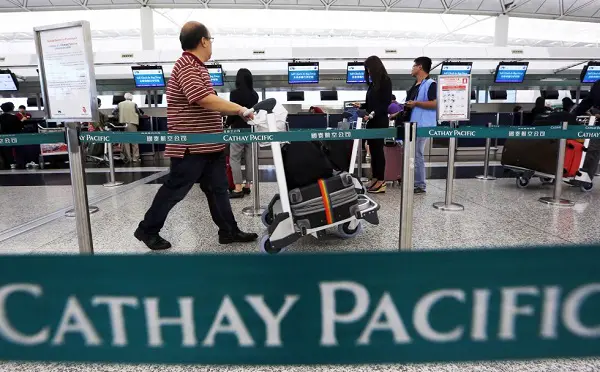European Commission on Tuesday unveiled an action plan for Italy to ease escalating migratory pressure from the central Mediterranean route, including a 46 million euros (52.2 million U.S. dollars) aid project for Libya to beef up border control.
According to the plan, the Commission will mobilize funding for Italy, work on enhancing the capacity of the Libyan Coast Guard, and accelerate returns from Libya and Niger, while other EU member states should accelerate relocation from Italy.
Italy, under the plan, is required to increase its reception and detention capacity, as well as step up returns of illegal migrants.
"The dire situation in the Mediterranean is neither a new nor a passing reality. We have made enormous progress over the past two and half years towards a genuine EU migration policy but the urgency of the situation now requires us to seriously accelerate our collective work and not leave Italy on its own," European Commission President Jean-Claude Juncker said in a press release.
"The focus of our efforts has to be on solidarity. At the same time, we need to act, in support of Libya, to fight smugglers and enhance border control to reduce the number of people taking hazardous journeys to Europe," he added.
According to the Commission, since January there have been 85,183 arrivals in Italy through the central Mediterranean route and more than 2,000 migrants died taking the risky journey.
The top five countries of origin are Nigeria, Bangladesh, Guinea, Cote d'Ivoire and the Gambia.
In the context of the unprecedented refugee crisis, Africa has been on the EU radar after an EU-Turkey deal led to a nosedive in the number of asylum seekers coming to Europe via the eastern Mediterranean route linking Turkey to Greece.
Over 181,000 migrants and refugees, most of whom use Libya as a springboard, arrived in the EU in 2016 through the central Mediterranean route.
As the deadliest route for migrants last year, the central Mediterranean route claimed the lives of 4,576 people, according to the International Organization for Migration.
(ASIA PACIFIC DAILY)
 简体中文
简体中文




